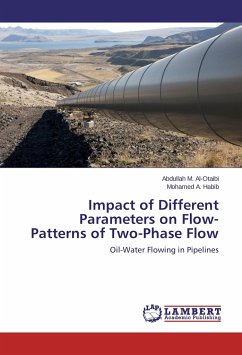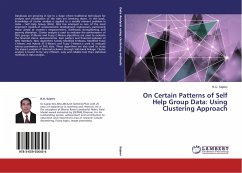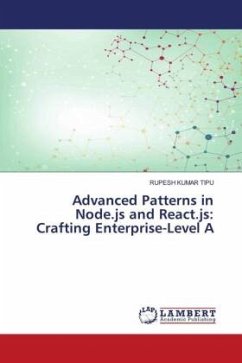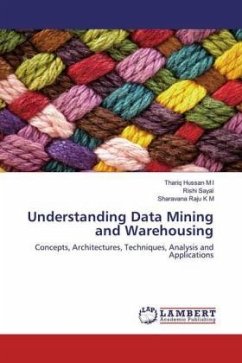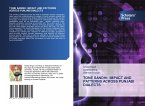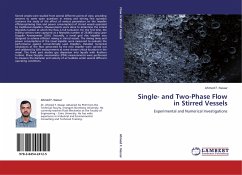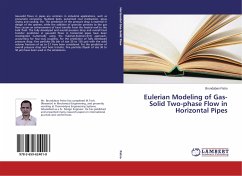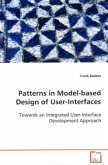The present work, addressing a chronic industrial issue, provides numerical prediction of flow patterns of two-phase flow (oil-water) flowing in pipelines under certain design parameters by using a commercial model that shows good matching results with the experimental work in this field. It aims to provide preventive measures and control that can reduce pipelines and equipment' failures due to the phases' separation and reduce related costs. Moreover, success in simulating such complicated flow helps to avoid/reduce full or partial such expensive experimental work in this field. However, that requires dealing carefully with the affecting factors that can reflect the actual operating conditions which should have been addressed carefully in this work. In order to cover all related aspects, this work includes corrosion mechanism and corrosion rate calculations with evaluating impact of some mixing tools on the flow-patterns. Finally, this work concludes with some findings and recommendations that can improve plants' operation and help in conducting further studies in order to generalize the flow patterns of oil-water two-phase flow.

